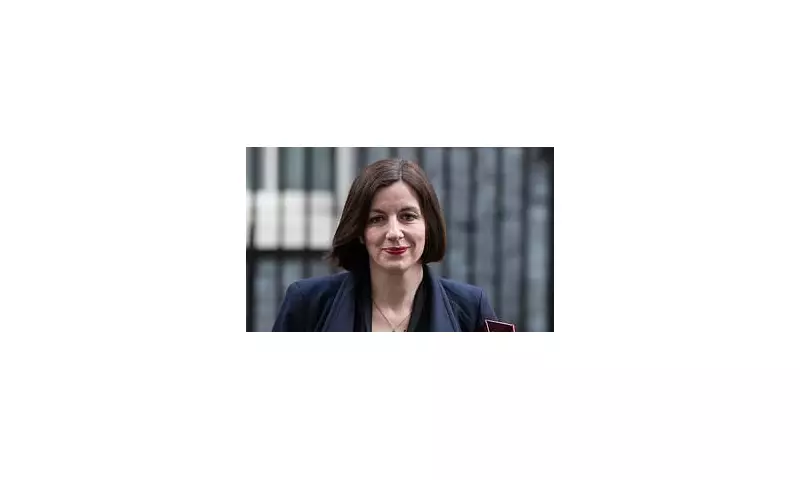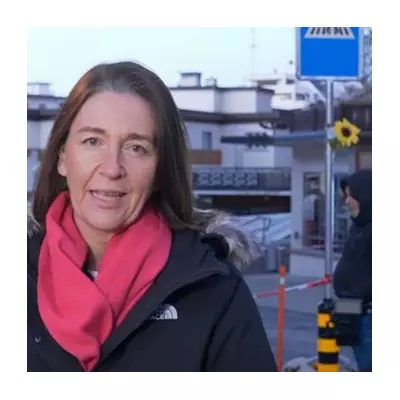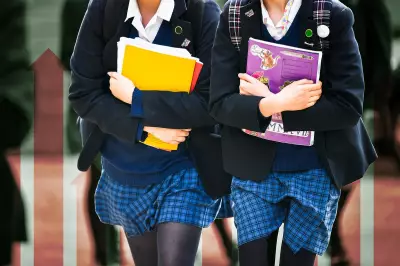
The Department for Education (DfE) is facing a significant backlash after publishing what it called a 'joke apology' on its official social media channels, a move critics have labelled as 'tone deaf' and out of touch with the realities facing schools.
A Sarcastic 'Apology' Boasting of Wins
Posted on Instagram, X, and Facebook, the message was formatted as an official 'apology statement' bearing the Government logo. However, the content was a tongue-in-cheek list boasting of the Labour government's perceived achievements in the education sector.
The post sarcastically expressed regret that free breakfast clubs had 'left parents facing alarming amounts of unexpected free time'. It further 'apologised' that the 30-hour childcare roll-out had ‘triggered an outrageous increase in household savings’ and placed a ‘shocking new focus on the importance of school readiness’.
The statement went on to claim there are 140,000 children back in class and ‘more teachers recruited into schools’, creating ‘bustling hubs of learning’. It concluded by attributing this success to its 'Plan for Change', which it said had 'raised the bar alarmingly high'.
Immediate Backlash from Educators and MPs
The public relations stunt, which mirrors the playful banter often seen from supermarket social media teams, appears to have backfired spectacularly, drawing swift and sharp criticism from teachers, education experts, and politicians.
One assistant headteacher, responding on X, stated bluntly that 'The DfE was tone deaf with this one.' Early years specialist Alison Featherbe described it as an ‘embarrassing marketing decision’ and demanded a genuine apology to the education sector.
Many expressed disbelief at the post's content. Teacher Alex Green commented: ‘Genuinely thought this was satire – I don't think it's appropriate for a government department to be posting out posts like this, especially when a lot of schools are not seeing the benefits of these apparent changes.’
Other social media users called the post ‘condescending’, ‘cringe’, and ‘belittling’, with one noting they would expect this type of humour from a supermarket, not a government department.
Factual Claims Called Into Question
Adding to the controversy, the post's claim of ‘more teachers’ was directly challenged. Shadow minister Neil O'Brien pointed out that 'DfE’s own website says there are fewer teachers in state schools under Labour.'
He questioned why taxpayers were funding what he termed 'dishonest s***posting'. This challenge is supported by DfE figures released in the summer, which showed an overall decrease in teacher numbers compared to the previous year.
While there was an increase of 1,400 teachers at the secondary level and 900 in special units, this was offset by a significant decrease of 2,900 primary and nursery teachers. The DfE has defended its focus, stating that secondary level is where new teachers are most needed.
The ill-conceived post compounds the challenges for Education Secretary Bridget Phillipson, who is already under scrutiny for a recently announced curriculum review. For many educators like teacher Rachael Gillies, the post felt like a slap in the face after a long day dealing with the system's very real challenges, highlighting a deep disconnect between the government's messaging and the situation on the ground.





